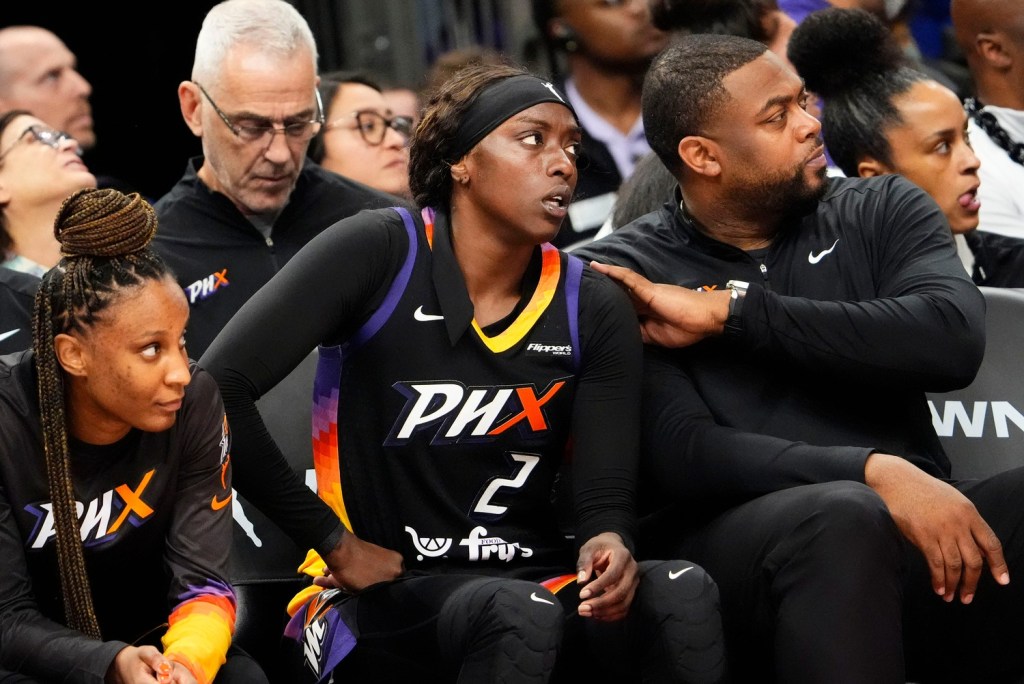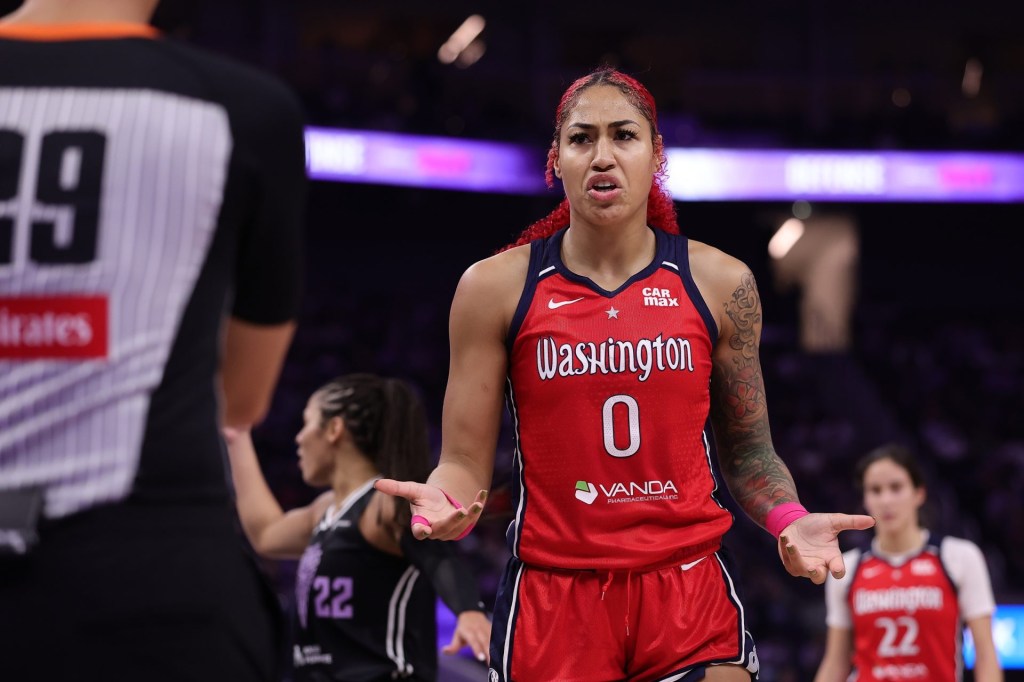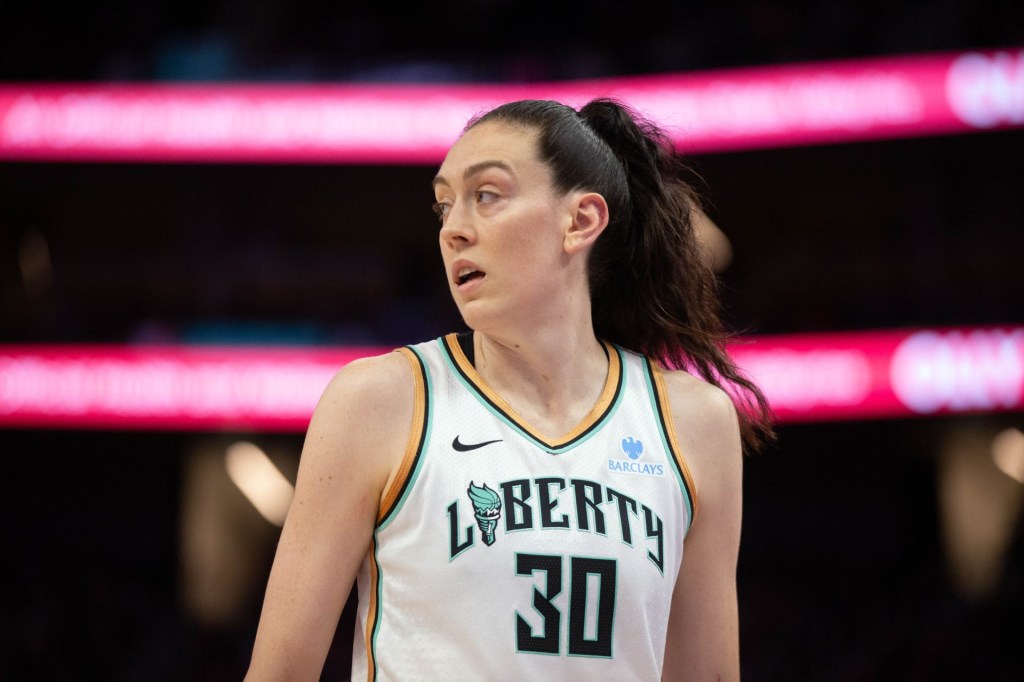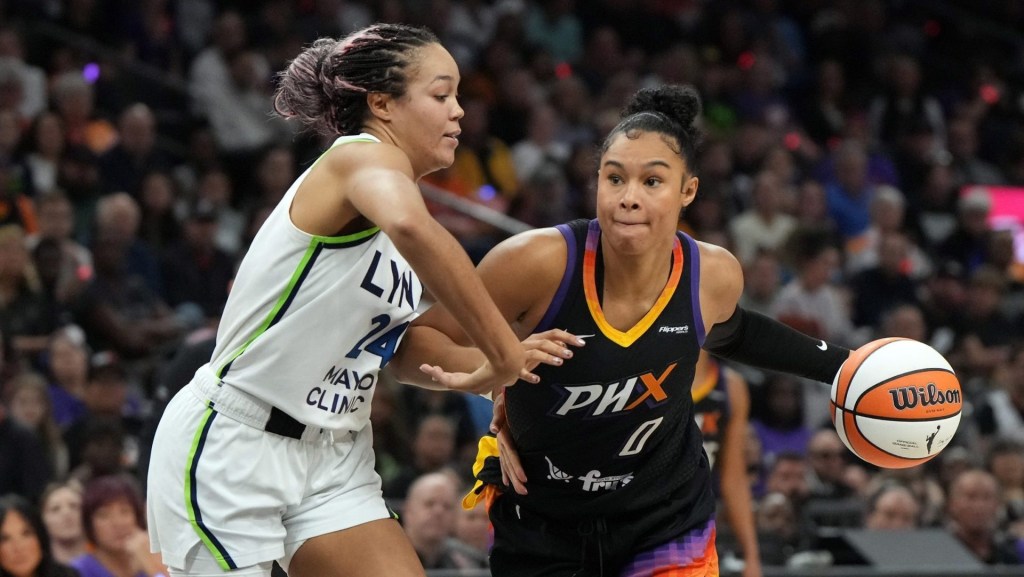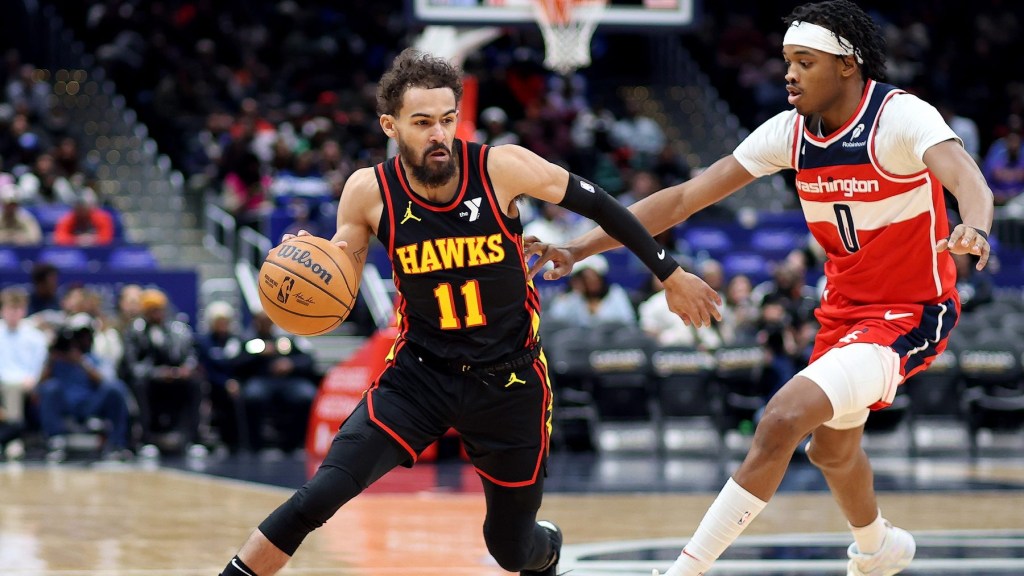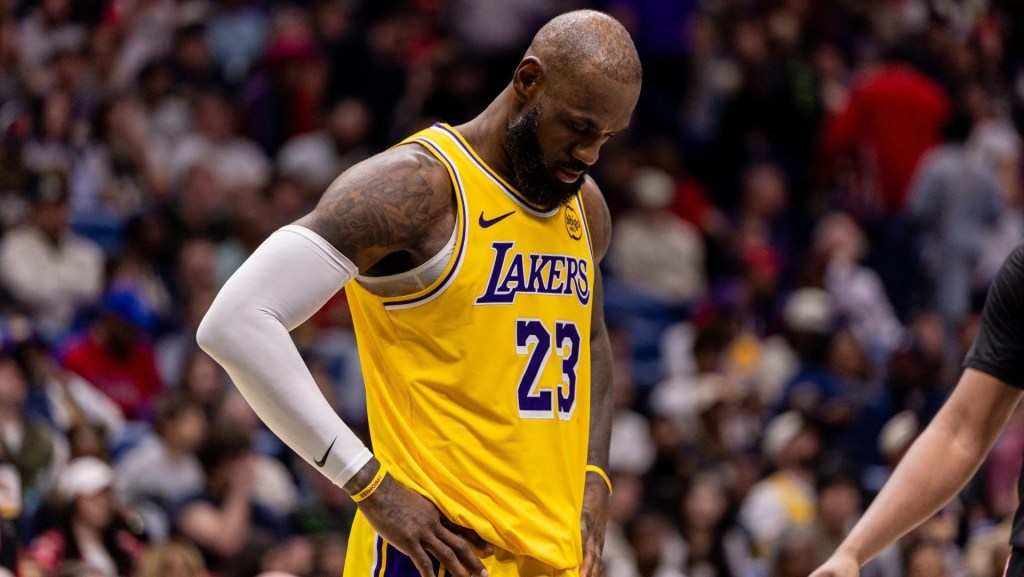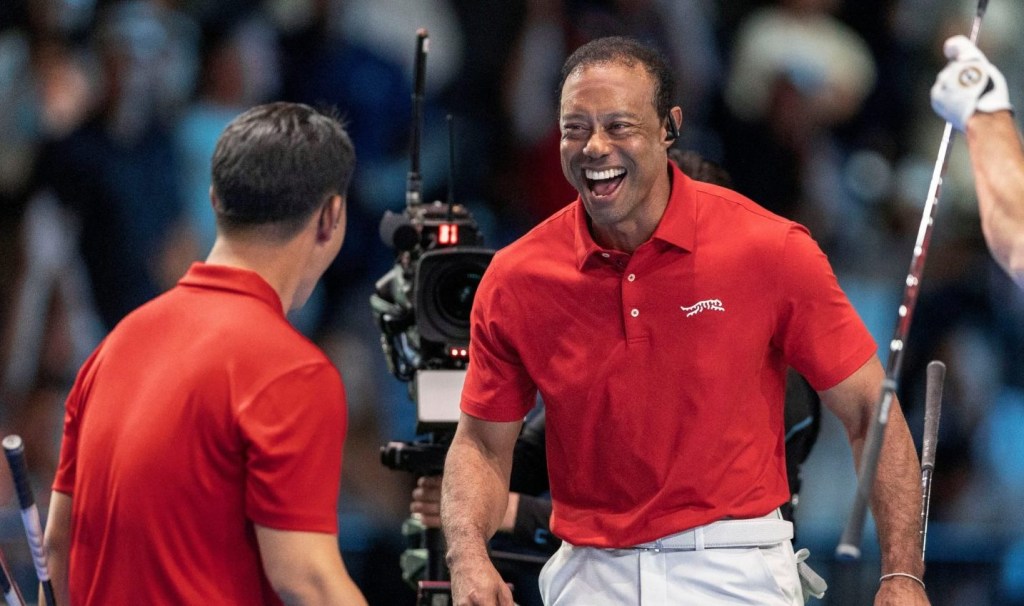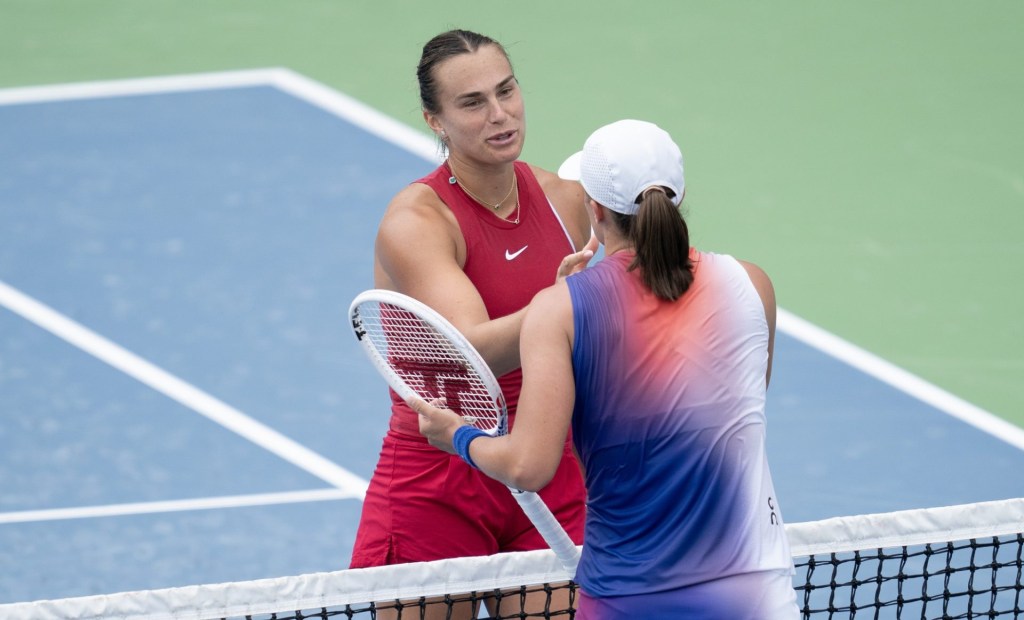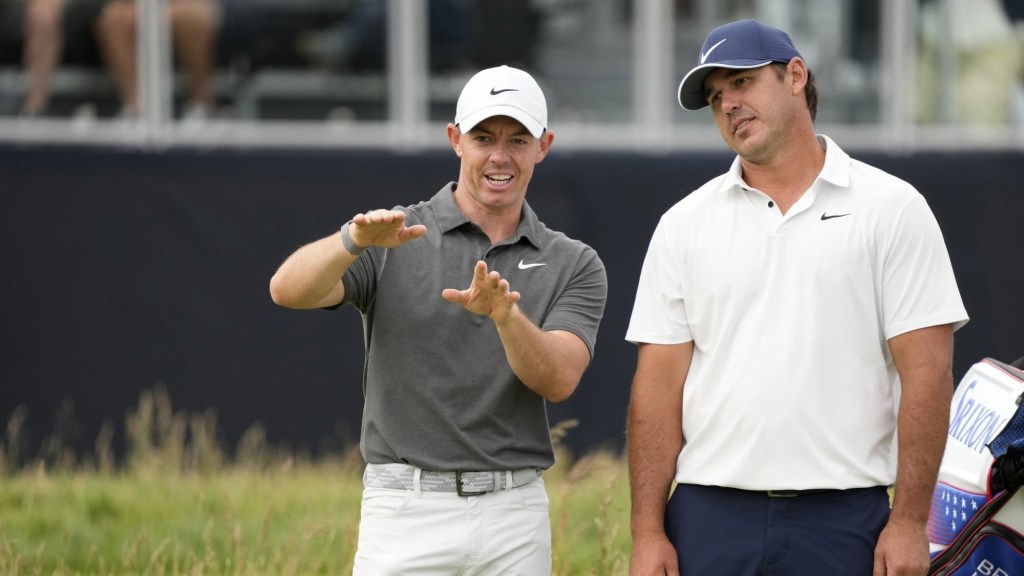In the three years since Allyson Felix retired from her legendary sprinting career, she has become a major force off the track.
Last fall she launched Always Alpha, a management firm dedicated to women athletes. Months before that, she helped open the first-ever nursery at the Olympic village in Paris and was subsequently elected to the IOC Athletes’ Commission, which comes with an eight-year term.
She spoke with Front Office Sports to discuss her role with the IOC, the surge in marketing of women athletes and her business endeavors, the most recent of which is a deal with Danimals.
Front Office Sports: In 2028 the women will outnumber the men at the Summer Olympics in Los Angeles. What gaps do you see and what initiatives do you believe need to be implemented? And will those be implemented at the Winter Games next year?
Allyson Felix: It looks a little different with the Winter Olympics. They have six athlete villages. So it’s a bit more challenging. But yes, the same ideas are there. We’re looking to serve individual athletes in the winter and their scenarios with the logistical challenges. As I look to LA 2028, growing those initiatives is huge. I think as we look at the men and women competing, it’s been a long time coming for the women to finally out number. It’s really exciting with the momentum of women’s sports.
We still need to push for more with childcare and to be able to show up. We still need to highlight more female coaches as we have more women at the forefront. There’s always going to be room to improve.
FOS: What initiatives specifically are you prioritizing?
AF: When I talk to athletes, especially parents, access is a big thing at the Olympics. It’s hard to get around. It’s hard to have access. Whether it’s the venues and having your kids nearby. Really pushing that nursery to be something more and figuring out ways families can have more access as you’re competing at the highest level. It’s a challenge for a lot of athletes to be able to have their families support. Los Angeles provides a great advantage for our American athletes to have their loved ones show up with a greater presence.
FOS: Will there ever be a day where something like athlete pay is incorporated by the International Olympic Committee?
AF: I will always push for athletes to have everything. It’s probably not anytime soon in the near future. But you never know. It’s very interesting in the landscape of sports in general with all the new leagues popping up. That is providing a lot of new opportunity. But as the current structure stands, it’s going to be a while before there’s direct support that way.
FOS: Specifically in track and field, what were your thoughts on the first round of Grand Slam?
AF: Any time there is something new and exciting and reimagines the model is great for the sport.
I’m excited for the athletes to have these big paydays. It’s something that hasn’t been in the sport. I hope it continues to grow. I hope that it just gets better and better. I would love to be able to check it out.
FOS: Major sports companies and brands have made a significant marketing push in women’s sports, but historically, their treatment of women athletes hasn’t always been up to par. What do you think about the contrast, specifically with Nike? How do you gauge the changes they’ve made?
AF: For me, I’ve experienced a different treatment. But I will always be happy when companies do the right thing. I hope that that’s true. When you’re not on the inside, then you don’t have a way of truly knowing. I just hope that it is a genuine and true change. I hope that other brands really do the same. It is hard when historically it’s been something else. There’s always time to do the right thing.
FOS: What have you heard from other athletes over the years about the steps you took?
AF: Absolutely. That’s been the most rewarding—talking to Naomi Osaka and seeing where she’s at in her career, just that the best days are ahead of her. A lot of athletes, who have had children and who don’t, have expressed their gratitude. I really appreciate that because for me it was a really hard journey. Really dark days. I find so much joy in understanding the culture is shifting. For athletes now they do have a choice that they can do both, motherhood and the sport they love. If they choose not to, they have that decision as well. I’m encouraged by that.

